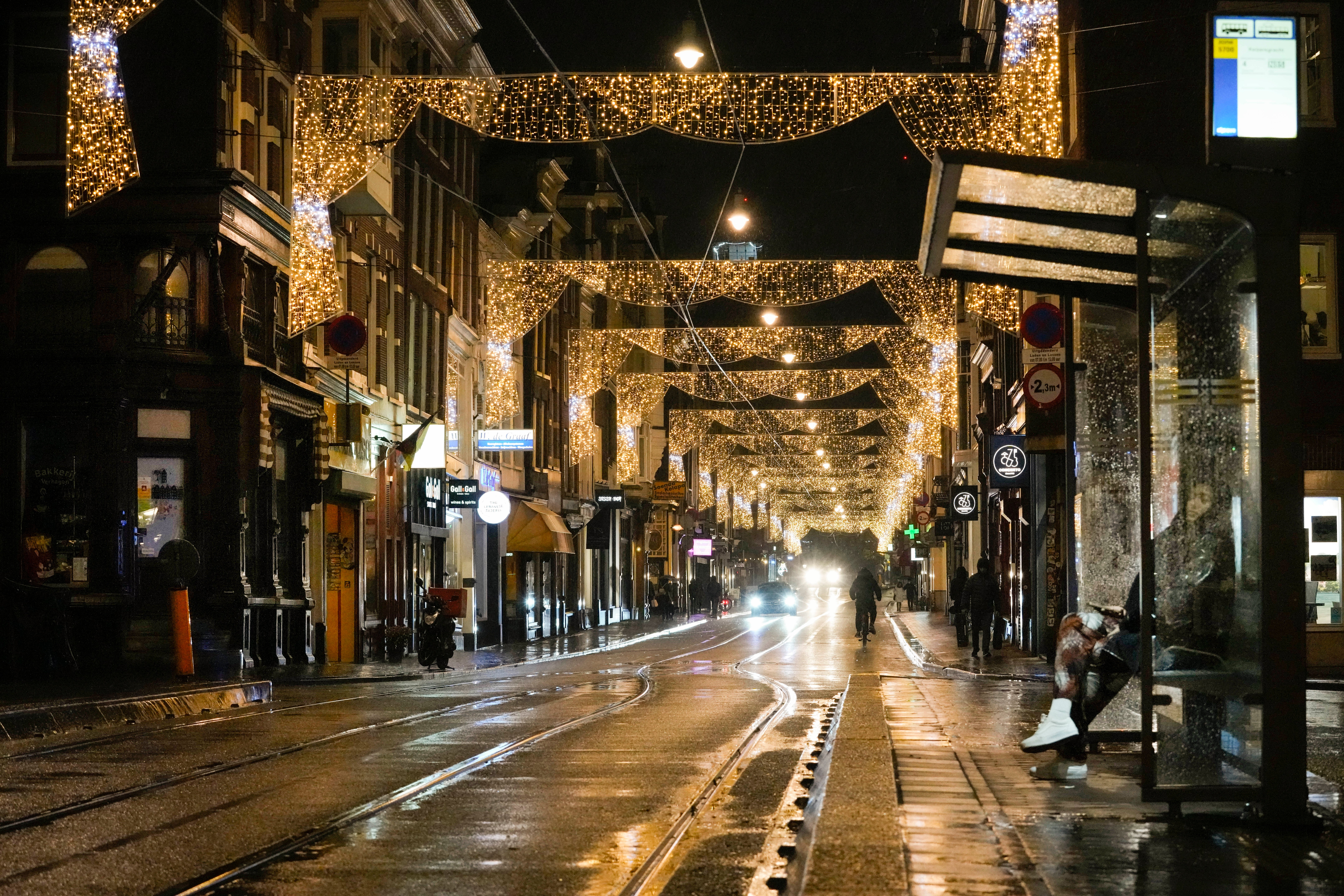Dutch government eases lockdown despite soaring infections
Dutch Prime Minister Mark Rutte has further eased his country’s coronavirus lockdown

Your support helps us to tell the story
From reproductive rights to climate change to Big Tech, The Independent is on the ground when the story is developing. Whether it's investigating the financials of Elon Musk's pro-Trump PAC or producing our latest documentary, 'The A Word', which shines a light on the American women fighting for reproductive rights, we know how important it is to parse out the facts from the messaging.
At such a critical moment in US history, we need reporters on the ground. Your donation allows us to keep sending journalists to speak to both sides of the story.
The Independent is trusted by Americans across the entire political spectrum. And unlike many other quality news outlets, we choose not to lock Americans out of our reporting and analysis with paywalls. We believe quality journalism should be available to everyone, paid for by those who can afford it.
Your support makes all the difference.Prime Minister Mark Rutte further eased the Netherlands' coronavirus lockdown, allowing bars, restaurants, museums, theaters and other venues to reopen from Wednesday for the first time this year.
But Rutte warned that the move wasn't without risks.
“We are taking a big step today to unlock the Netherlands while the infections numbers are really going through the roof,” Rutte said Tuesday.
The announcement wasn't all good news for the beleaguered hospitality and cultural sectors, with the opening hours limited to 10 p.m., while professional sports teams will only be allowed to fill stadiums to a third of their normal capacities.
Soccer clubs and administrators protested the move even before it was officially announced, calling it in a joint statement “a proposal without perspective.”
The relaxation of restrictions follows widespread protests in recent weeks by business owners ranging from the Van Gogh Museum to local cafes at being excluded from am earlier easing of pandemic restrictions.
Infections have spiked in recent weeks because of the omicron variant, despite the lockdown that was tougher than in most of Europe but admissions to the country's intensive care units have been declining. The national public health institute reported a 51% rise in new COVID-19 cases over the last week to more than 366,000, while ICU admissions dropped by 34%.
“We are taking another risk," Health Minister Ernst Kuipers said. "We are doing that for good reason. Living longer with many restrictive measures damages our health and our society.”
Omicron is less likely to cause severe illness than the previous delta variant, according to studies. Omicron spreads even more easily than other coronavirus strains, and has already become dominant in many countries. It also more easily infects those who have been vaccinated or had previously been infected by prior versions of the virus.
The Dutch government sought to mitigate the risk by imposing restrictions on venues where people gather, including the use of coronavirus passports and social distancing and capping the number of people allowed indoors and in stadiums.
The new measures apply for six weeks, but Rutte said the government would review them and their effect on infection numbers after three weeks.
He urged the public to stick to the rules, saying: “It is now up to us all to ensure that we don't have to hit the brakes again then."
___
Follow AP’s pandemic coverage at https://apnews.com/hub/coronavirus-pandemic